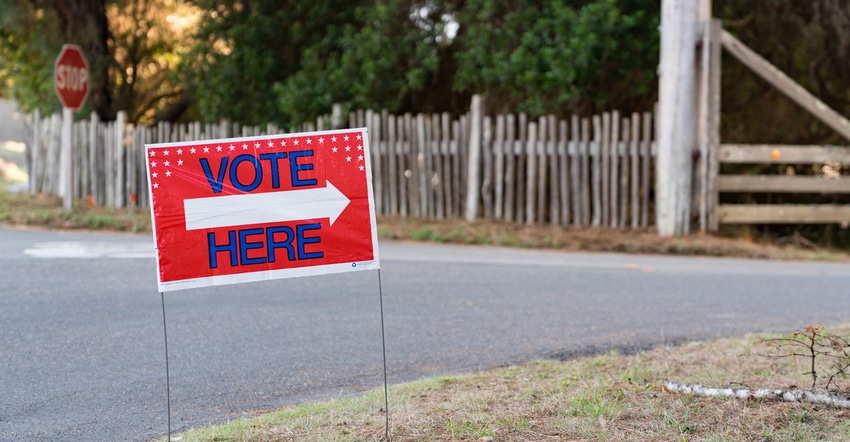September 30, 2020

As if 2020 hasn’t been crazier, I got 16 text messages and phone calls on Friday asking me if I’m going to vote. I’ve been counting them and that’s the most I’ve ever gotten in a single day.
Mailers come every day from Republican and Democratic organizations. And I can’t even count the number of daily emails I get.
It’s driving me crazy! So, if you work or volunteer for either political party in Pennsylvania and you’re reading this article, just remember this: Yes, I’m voting. And please, stop calling and texting me.
I have a love-hate relationship with politics. Obviously, it’s important to follow politics to some extent because you want to know what your elected leaders are doing and if they’re doing things that are in your best interest.
Plus, I must admit, election night is exciting. I’m glued to the television set seeing results roll in until well past midnight.
On the other hand, politics can bring out the worst in people and our society. The mailers I’m getting are getting nastier by the day. Candidates are distorting their opponents’ positions all the time, and cable news channels cover the whole thing like it’s a game, or, excuse me, a reality show (no insult to the current president, of course).
Not an endorsement
Some editors in the past may have openly endorsed presidential candidates for whatever reason. I don’t do that. I’m not endorsing anyone in this presidential election, nor will I ever.
As editor of American Agriculturist, I try to present both sides equally in everything I do, in every article I write. And I don’t feel like an endorsement is a service to you, the reader. You deserve the truth about political candidates, not opinions. You deserve to hear their records and viewpoints on rural issues so you can make an informed decision about who to vote for in November’s election.
There are lots of important issues to think about in agriculture right now: environmental regulations, the 2022 Farm Bill, and trade and rural health, just to name a few. If you haven’t read Holly Spangler’s and Jacqui Fatka’s piece on the candidates’ agriculture positions, please do so. I hope it will help you decide.
Now, I can’t stress this enough: Go out and vote.
Four years ago, Donald Trump got elected, by and large, by the huge number of rural voters who supported him. Just look at Pennsylvania as an example.
It’s not that Trump won Pennsylvania’s rural counties; he ran up huge margins. Altogether, Trump won all but just 11 counties in Pennsylvania, the same as Mitt Romney in 2012. But Romney lost. Why? Barack Obama didn’t lose as bad in rural counties, and he was able to run up huge numbers in Philadelphia and Pittsburgh.
Almost the exact opposite happened for Trump. Even though Hillary Clinton won the big cities by still large margins, they weren’t as big as in 2012. And Trump dominated rural counties.
Here’s some examples: In Lancaster County, the state’s largest farming county, Trump got 137,145 votes, 8,000 more votes than Romney got in 2012. More than 4,000 more people voted for Trump in Lebanon County, another big farming county, than did for Romney. In Schuylkill County, another county with a big rural vote, nearly 11,000 more people voted for Trump than did for Romney four years earlier.
A few thousand votes here, a few thousands there, and you have the formula for a winning strategy that got Trump over the top. The same pattern played out in Iowa, Michigan and Wisconsin, all three of which flipped to the Republican side four years ago. Trump was able to get enough votes in rural areas, and Clinton was able to lose enough votes in suburban and urban areas for Trump to win.
Your vote counts! I know this is a busy time of year and we have this pandemic still hanging out. So if you need to, vote by mail. Check out this website for mail-in deadlines by state and also vote.org.
There is never an excuse not to vote, but that’s especially true this year. Make your vote count!
You May Also Like




